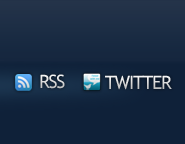過去のブログで、
Which film is more moving, A or B?
はOKか? というような記事を書きました。
これについて、(ノンネイティブのわたしではなく)ネイティブの観点から補足してみます。
"Moving" is an ed/ing adjective, the same as surprised/surprising, excited/exciting. "It was a moving/surprising/exciting book."
So, "Which book is more moving/exciting/interesting?" is perfectly normal English, as in "Which is the red ball?" and "Which ball is red?"
"Which book is more/the more moving, A or B?"
Either 'more' or 'the more', although the latter is arguably better/the better English.
Note: "Which of the two is the more moving, A or B?"
"Which book is the most moving, A, B or C?"
When choosing between three or more items we would always use 'the most' perhaps because "of the three/four/five" is more specifically implied than when comparing only two things.

